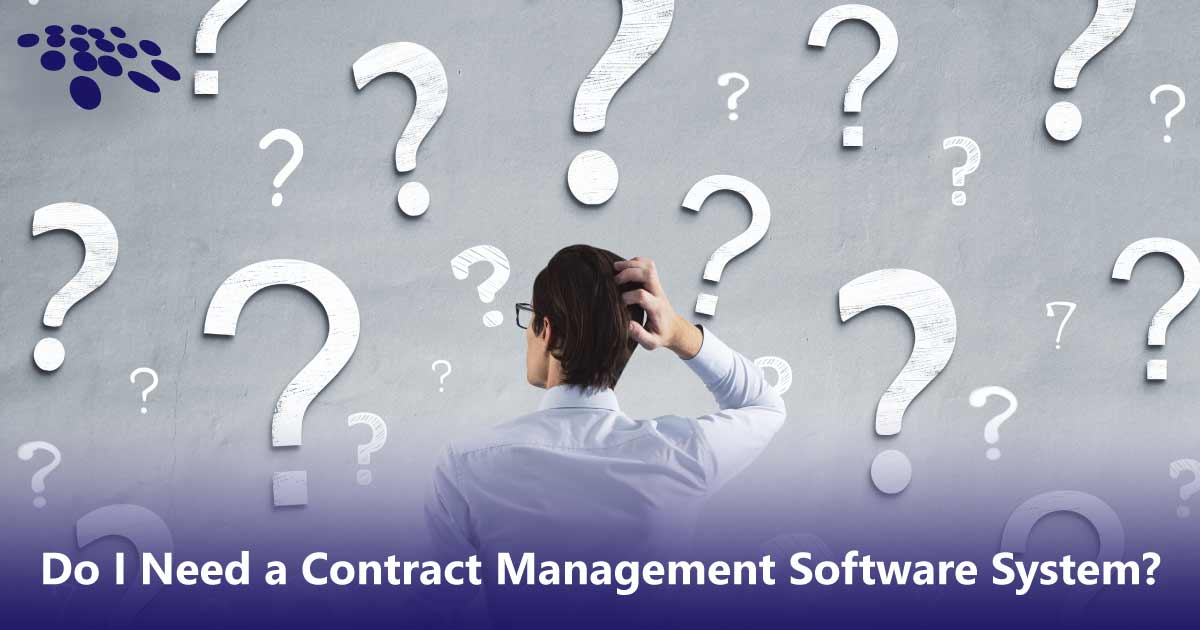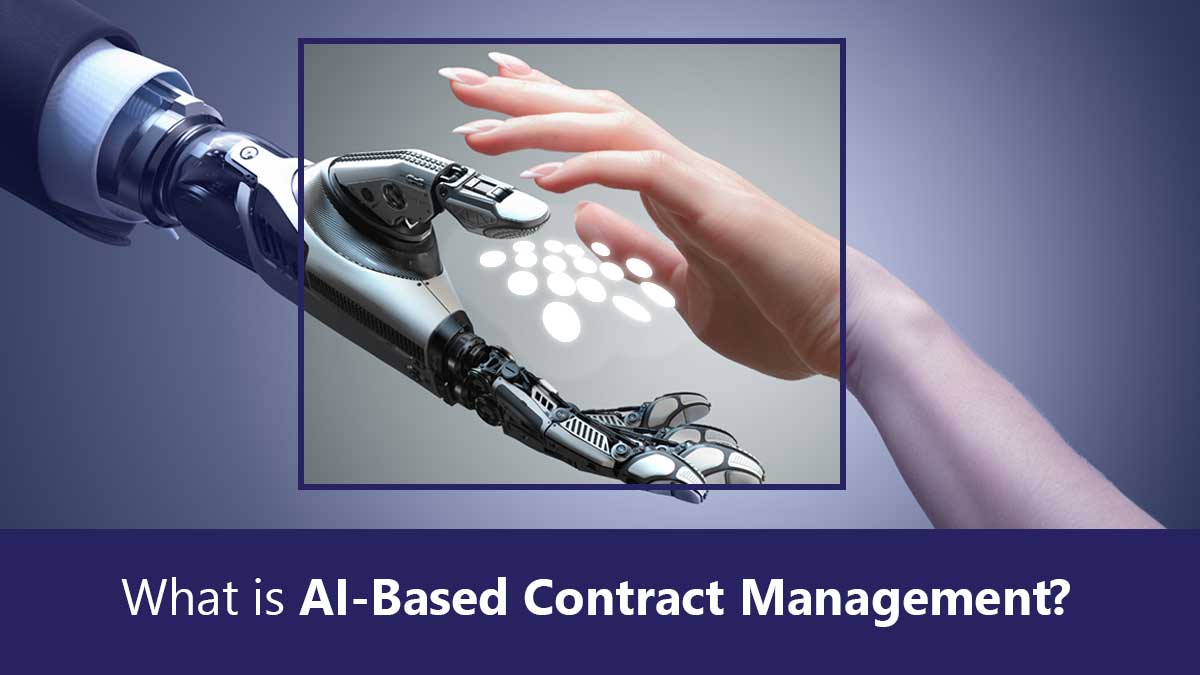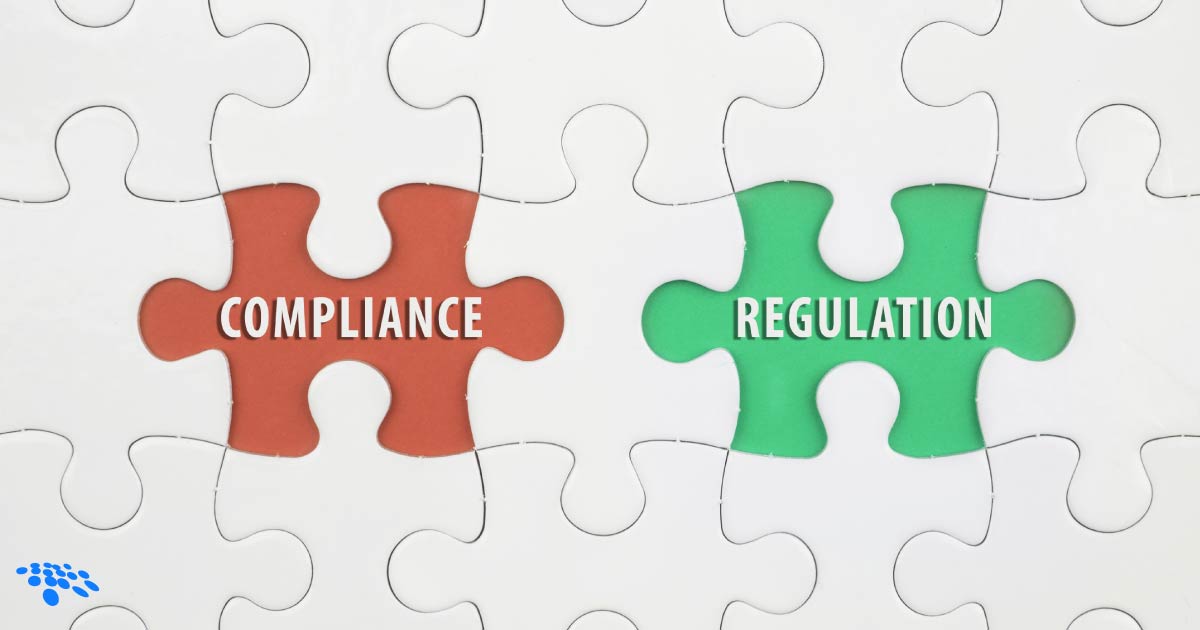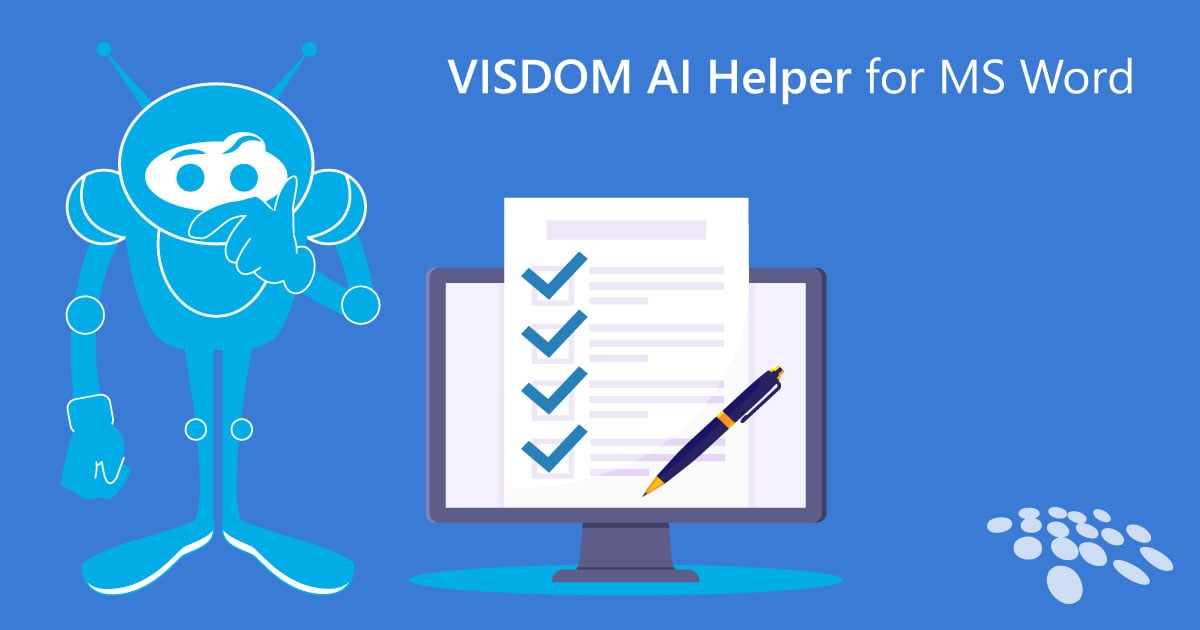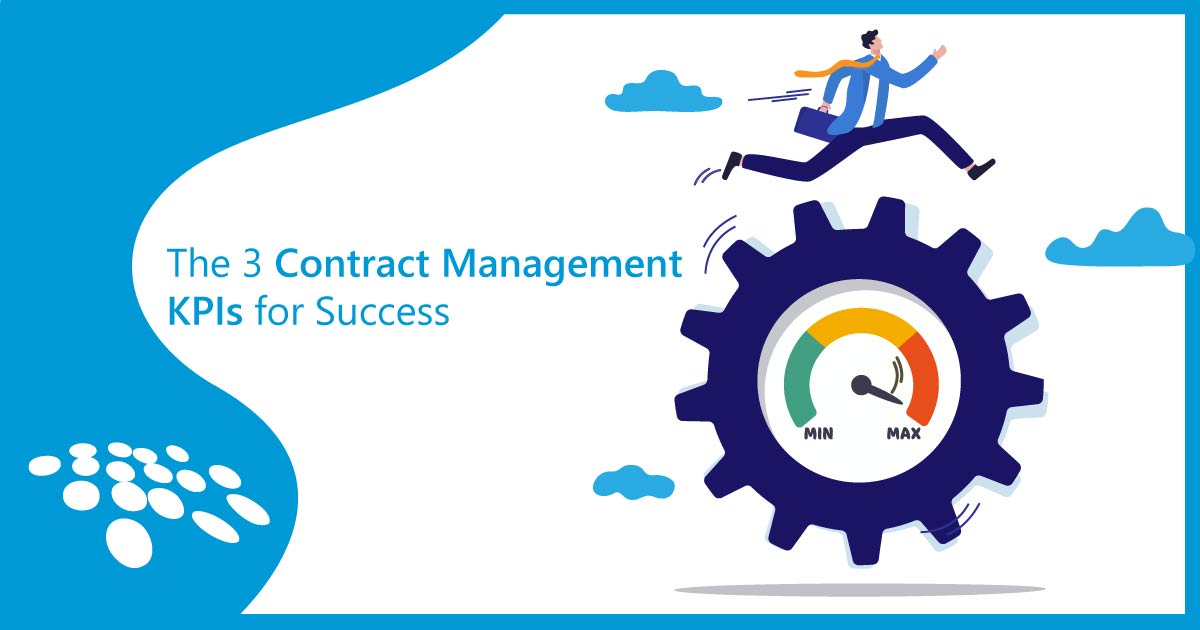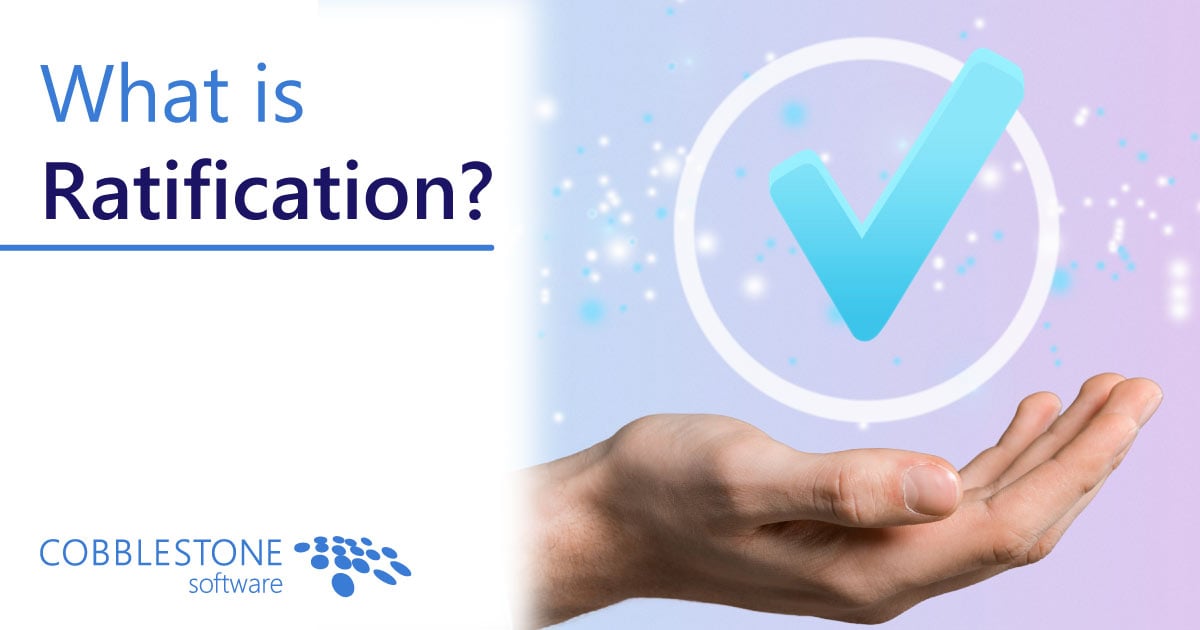"Do I need a contract management system?" This is an important question to consider critically. Although contract management software is a significant investment, the high price of low-cost contract management often far outweighs this initial, carefully considered expenditure. What's more, according to Goldman Sachs, an automated contract management system can lower the cost of managing contracts by 10-30%. If managing contracts is a critical part of your organization's operations, consider the following key factors when deciding whether or not you need a dedicated contract management solution.
Sean Heck
Recent Posts
Do I Need a Contract Management System?
By Sean Heck on 12/12/24
What is AI-Based Contract Management?
By Sean Heck on 12/10/24
Business automation is already sharpening professional methods across a variety of industries. However, advancements in artificial intelligence (AI) can be particularly advantageous as they apply to contract management software systems. Contract intelligence engines built upon a foundation of machine learning just need to be fed a nutritious diet of relevant contract data. Let's explore AI contract management in more detail and learn how to increase accuracy and minimize human error in contract lifecycle management (CLM).
CobbleStone Software Blog Recap for November 2024
By Sean Heck on 12/10/24
Did you remember to read all of our blog posts from November? Don't worry; we have outlined each of them for you. Stay up-to-date with industry topics, real-world case studies, and contract management software and procurement best practices in December by reading the latest CobbleStone® content.
Signing Contracts: 5 Tips for a Better Process
By Sean Heck on 12/5/24
Signing contracts is important. A signature seals an agreement between parties, legally binds them, and confirms responsibilities. By signing, you confirm that you have read and understood the terms of the contract and are bound to perform your duties as outlined in the agreement. Financial health, legal standing, and reputation are all on the line. Given the importance of signing contracts, you ought to have a healthy and efficient process for doing so. To that end, here are five tips for a better contract signing process.


